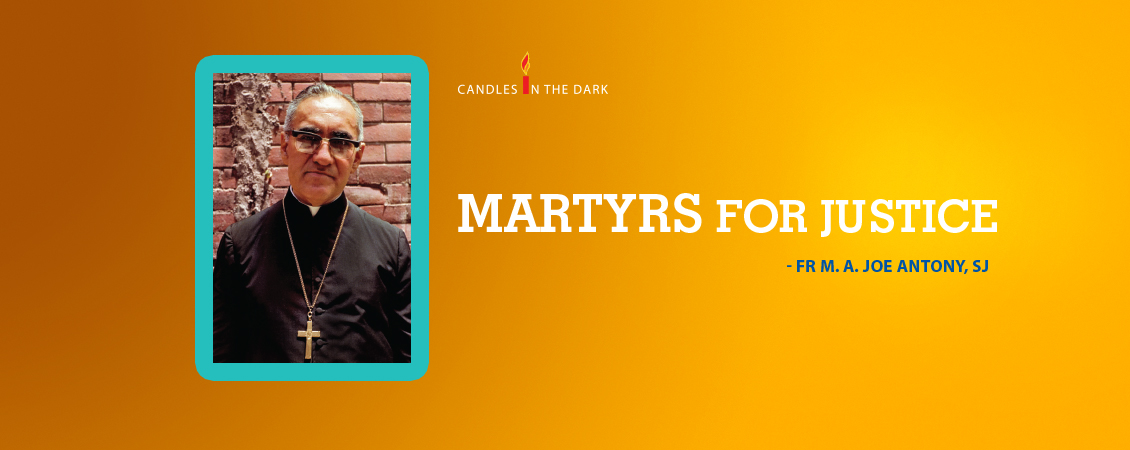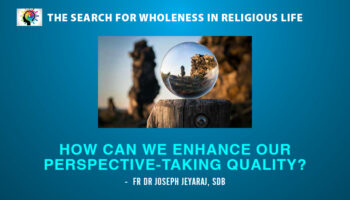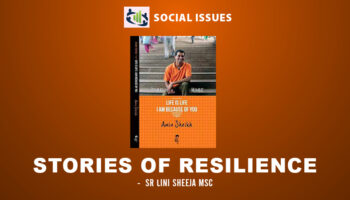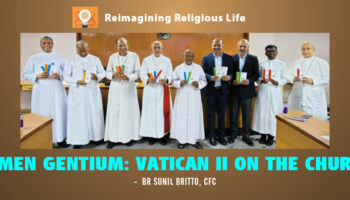The Vatican announced recently that Bl. Archbishop Oscar Romero will be canonized during the Synod of Bishops in October this year. Soon after he was beatified on 23 May 2015, this is what I wrote in the New Leader:
“You would have surely heard about the man– Archbishop Oscar Romero. He was born in a poor family on 15 August 1917 in a small town, about 100 miles away from San Salvador, the capital city of EI Salvador. There were no job opportunities in his town for people with academic qualifications. So he had to become a carpenter. But sensing the call to become a priest, he joined the seminary. Before his ordination, he was sent to the Jesuit-run Gregorian University in Rome for his theology. In 1942, while still in Rome, he was ordained a priest, but none of his family could attend the ceremony.
Returning to EI Salvador soon after his ordination, he ministered in parishes for over 20 years. Since alcoholism was rampant in the area, he started an Alcoholics Anonymous group. After serving as the rector of the inter-diocesan seminary in San Salvador, he became the auxiliary bishop of the Archdiocese of San Salvador in 1970. In 1974 he was appointed the Bishop of a poor, rural diocese called Santiago de Maria. In 1977 he was appointed the Archbishop of San Salvador.
In EI Salvador a handful of wealthy families owned more than 90% of the land. When the poor peasants raised their voice to obtain their rights for a decent, dignified life, their leaders were abducted, exiled or killed. In order to justify such atrocities the ruling military junta branded anyone who stood up for the poor as communists. Fr Rutilio Grande, a Jesuit priest who worked with the poor and a close friend of Romero, was assassinated by a death squad. “When I looked at Rutilio lying there dead,” Archbishop Romero later wrote, “I thought, ‘If they have killed him for doing what he did, then I too have to walk the same path.’ Romero, who was more of a timid conservative, from then on, reached out to help and console the poor and their leaders who faced these terrible sufferings. He was moved by the plight of a growing number of widows, orphans and those who had to flee the country. He emerged as a champion of the poor and became the voice of the voiceless.
To read the entire article, click Subscribe





